Our hair thins, sheds, and becomes drier and more brittle as we get older resulting from genetic aging. If your parents or grandparents experienced permanent hair loss and balding you likely will too. Then there is temporary hair loss and shedding, a condition known as telogen effluvium or temporary alopecia which is most likely triggered by stressful life events and changes in your physical or psychological health.
1. Stressful Life Events
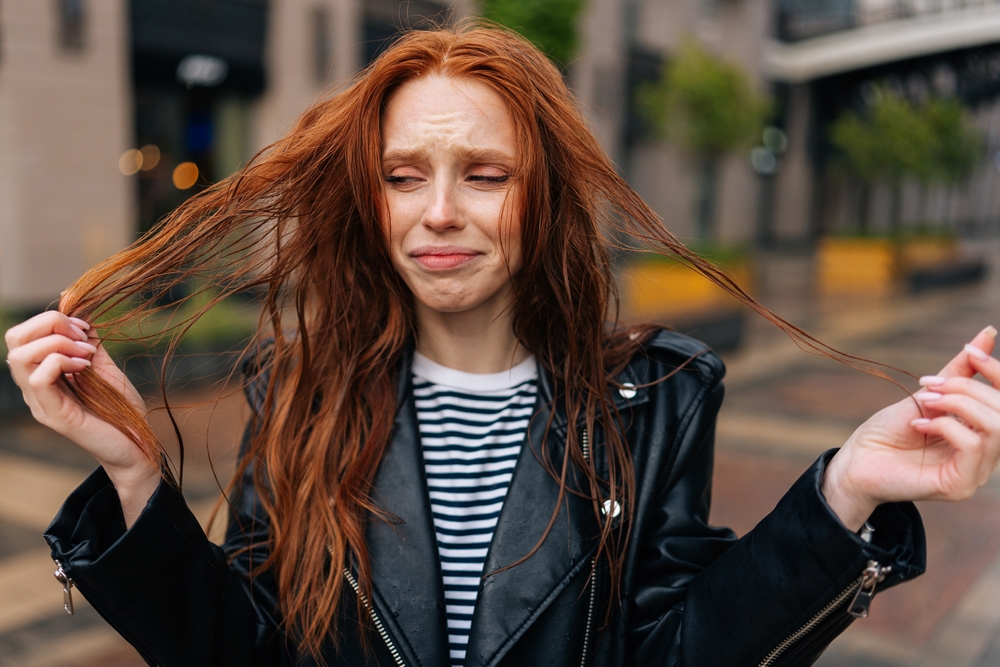
Hair isn’t necessary for survival and it’s the first to shed in times of emotional duress, major life changes, illness, and stress. Changes in your physical and emotional health from major life events like moving home, losing a loved one, divorce, an upsetting medical diagnosis, or job loss send the hair’s natural growth cycle into shock triggering temporary hair loss.
2. Major Life Transitions
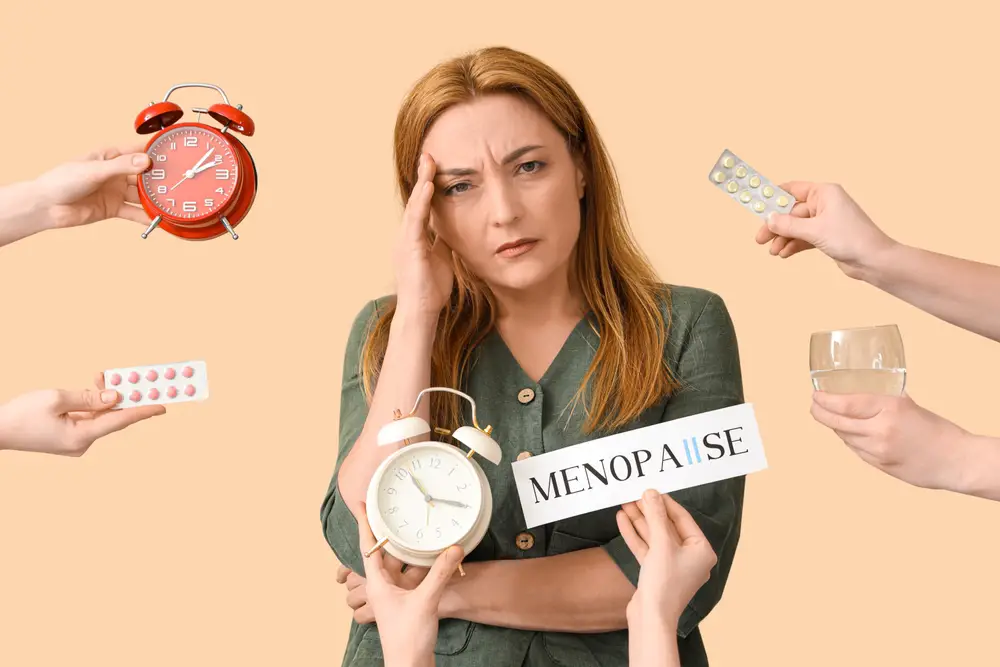
Hormonal fluctuations wreak havoc on the health of your hair and the thyroid which can cause temporary shedding. Women particularly are prone to experiencing hormone changes during pregnancy, postpartum, perimenopause, and menopause which trigger hair loss according to the health experts at Forbes.
3. Neglecting the Health of Your Scalp
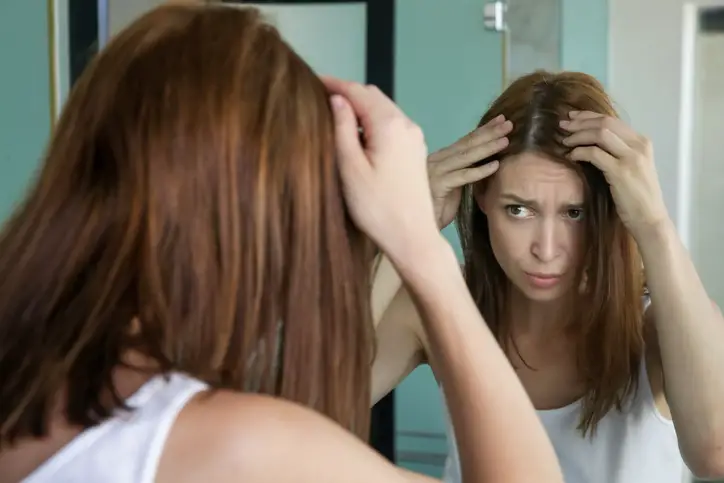
A healthy scalp is crucial for healthy hair growth. If your scalp becomes dry and irritated it can equate to weak, brittle locks and dandruff which all speed up shedding and can cause hair loss. Fungal infections on the scalp including ringworm also lead to temporary alopecia.
4. Hair Care Switch Up
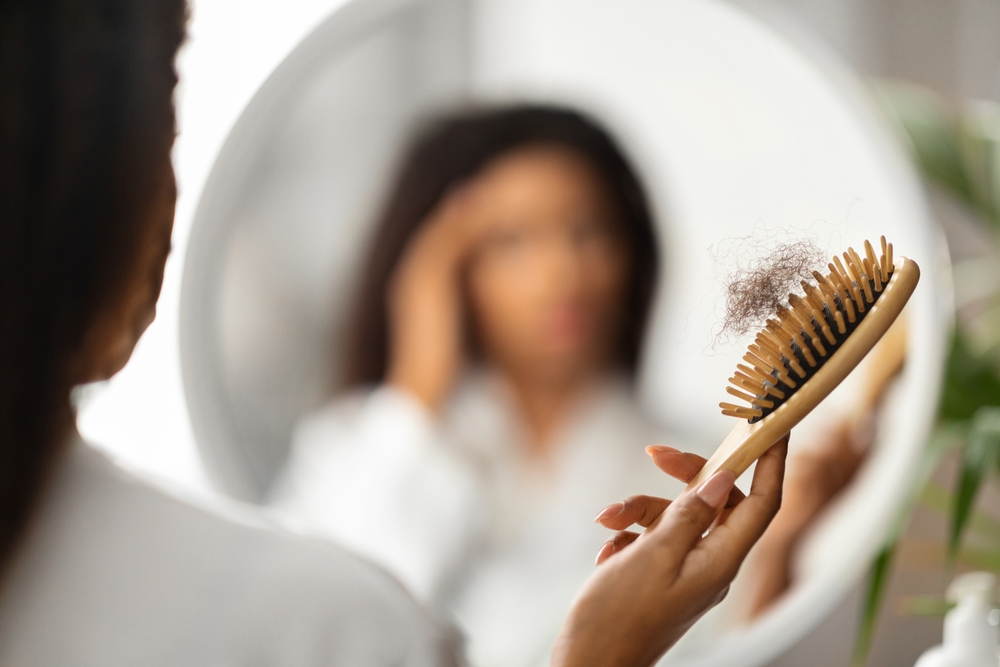
Always use the right hair care for your hair type and if you switch things up and experience scalp irritation, hair damage, and unexpected thinning, change your products immediately. Products containing harsh chemicals like sulfate—strong cleansing chemicals often found in shampoo and conditioner and formaldehyde which can be present in some styling products—can also damage the hair follicles contributing to shredding and loss. It’s best to use clean, organic, sulfate-free hair products.
5. Changed Your Hair Style

Changes to the way you style your hair or subjecting it to chemical dyes can also trigger temporary thinning. If you have started wearing tight ponytails, braids, and buns or are using new elastics these can put pressure on the hair strands triggering traction alopecia. Take it easy when styling and also use a gentle hairbrush.
6. Overdoing the Heat Styling
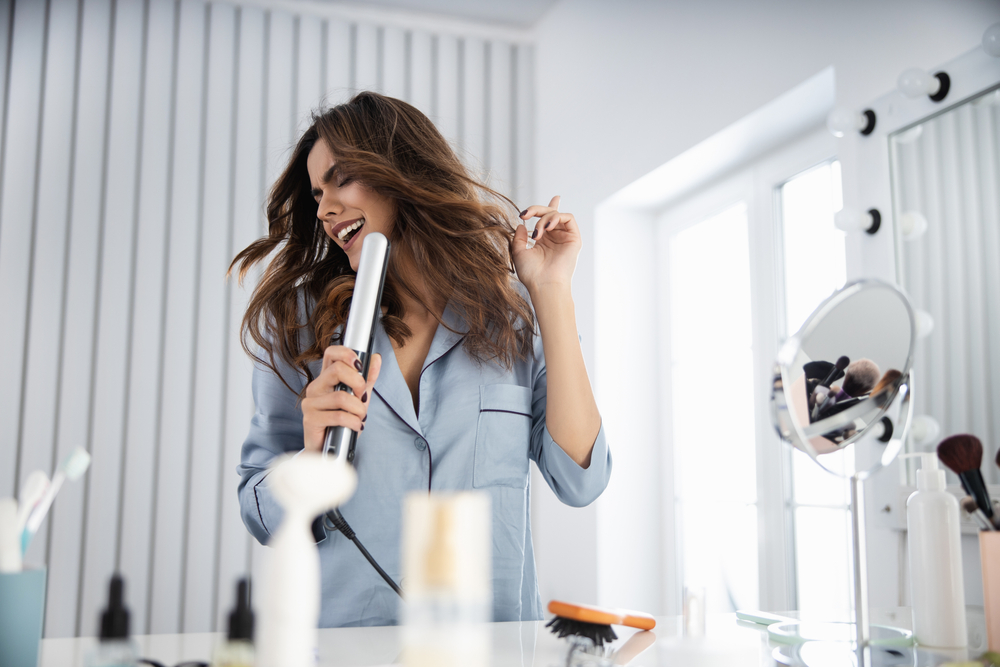
Assault from heat styling caused by hair dryers, straighteners, and curling irons, weaken the hair shaft and strands and cause dryness breakages, and shedding. If you’ve started using more heat styling tools, this could explain your temporary hair loss. Take a break, let your hair dry naturally and if you must heat style, always apply heat-protective styling products first.
6. Taking New Medication

Certain medications can cause shedding as a side effect, so if you have just started birth control, anti-depressants, blood pressure medications, or a new medication for illness, this could explain your temporary hair loss. Always research your medication and take keratin supplements to promote healthy hair growth if losing hair has become an issue.
7. Weight Fluctuations
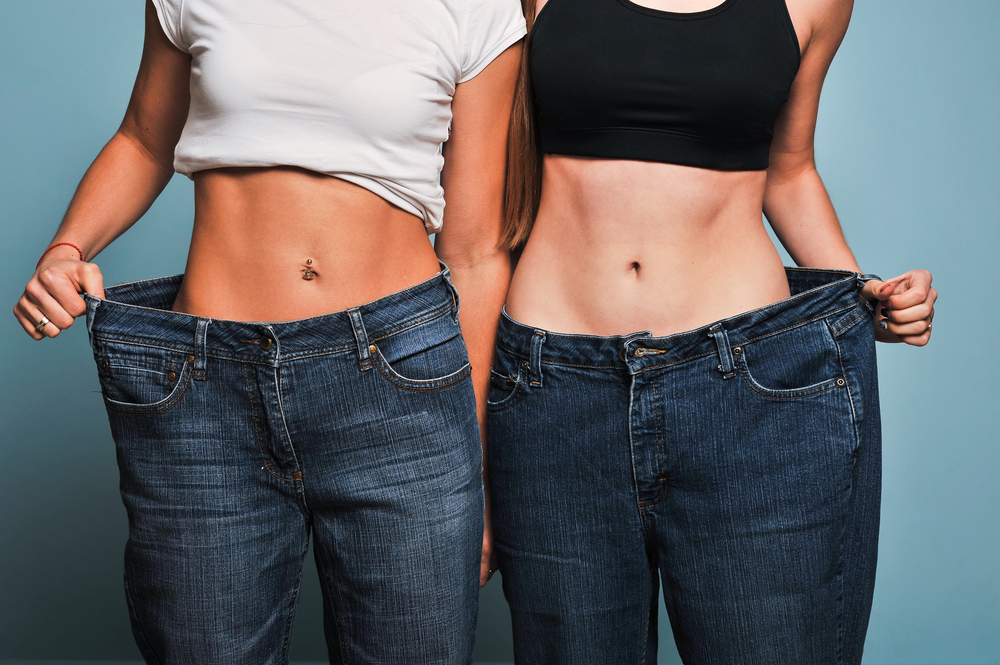
Rapid or significant weight loss or gain can induce temporary hair shedding according to Women’s Health. It’s important to maintain a healthy weight for the health of hair, and skin as dramatic changes can stress out the body. If you’re overweight or obese and eat a bad diet this causes oxidative stress and inflammation in the body prompting it to send signals to the hair’s cells to block follicle regeneration.
8. Taking Hot Showers
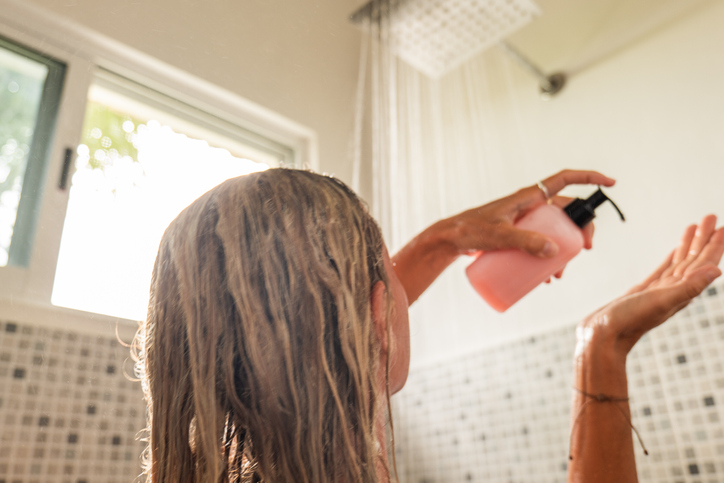
Long hot showers and washing your hair in hot water are very damaging for the hair and scalp as they can cause the keratin and lipid bonds in the hair cuticle to break, rupturing the cuticle layers and causing split ends and frizz. Hot water can also dry out the scalp, causing dandruff, itchiness, and triggering inflammation which can impact healthy hair growth and lead to temporary hair loss. Wash your hair in lukewarm water and seal in moisture by finishing with a cold rinse.
9. Washing Your Hair Too Much
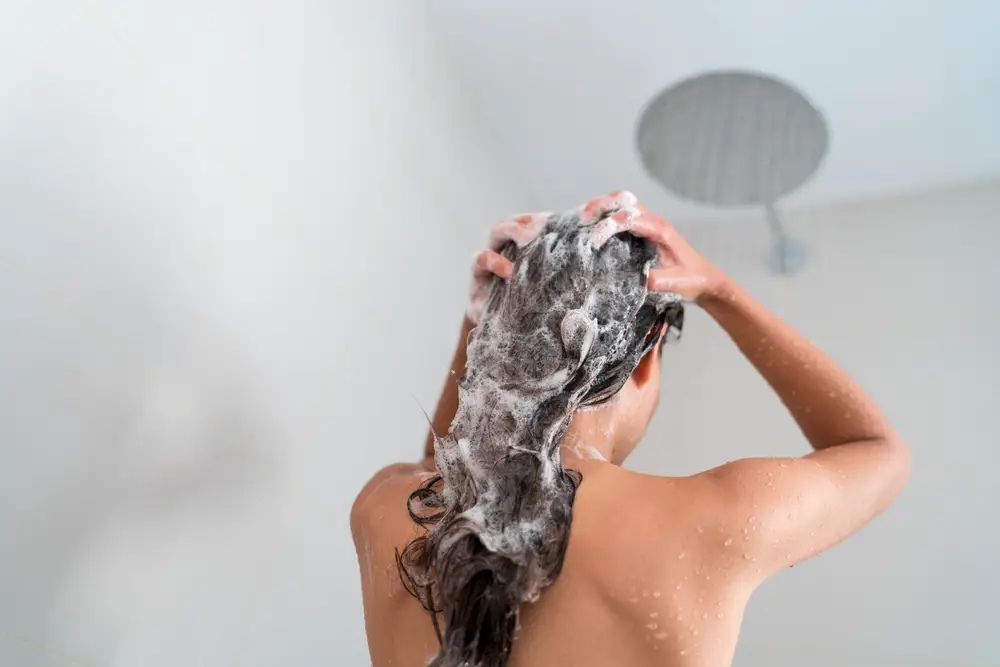
Don’t wash your hair every day as overwashing can strip your strands of their natural oils and damage the hair follicles, slowing healthy growth, and speeding up hair loss and graying. Always condition your hair after shampoo, even if you have oily hair as not applying conditioner can cause the hair to dry out which sends oil production into overdrive.
10. Neglecting Trims

If your hair is overgrown and you’ve neglected your maintenance this can lead to breakages and split ends which disrupt healthy hair growth. Keep up regular trims, ideally every six weeks, to improve and maintain the health and condition of your hair and prevent temporary shedding and loss.
12. Sun, Sea and Chlorine

We all love a beach vacation but salt water can damage the health of your hair. Swimming in chlorinated pools can also strip hair of moisture and damage its structure and condition triggering hair loss. And just like your skin, your hair is at risk of UV damage from the sun, which can destroy healthy hair follicles leading to hair loss. Wear a hat, use hair sunscreen and protective products, and wear a cap when swimming in the pool.
13. Acute Stress

Constantly stressing out is one of the biggest culprits of hair loss; temporary and permanent. When your body is under stress it can negatively impact your physical and mental health and damage your skin and hair follicles causing hair to thin and accelerating shedding. Practice calming relaxation techniques like meditation, yoga, mindfulness, and breathwork to alleviate stress.
14. Good Hair Habits
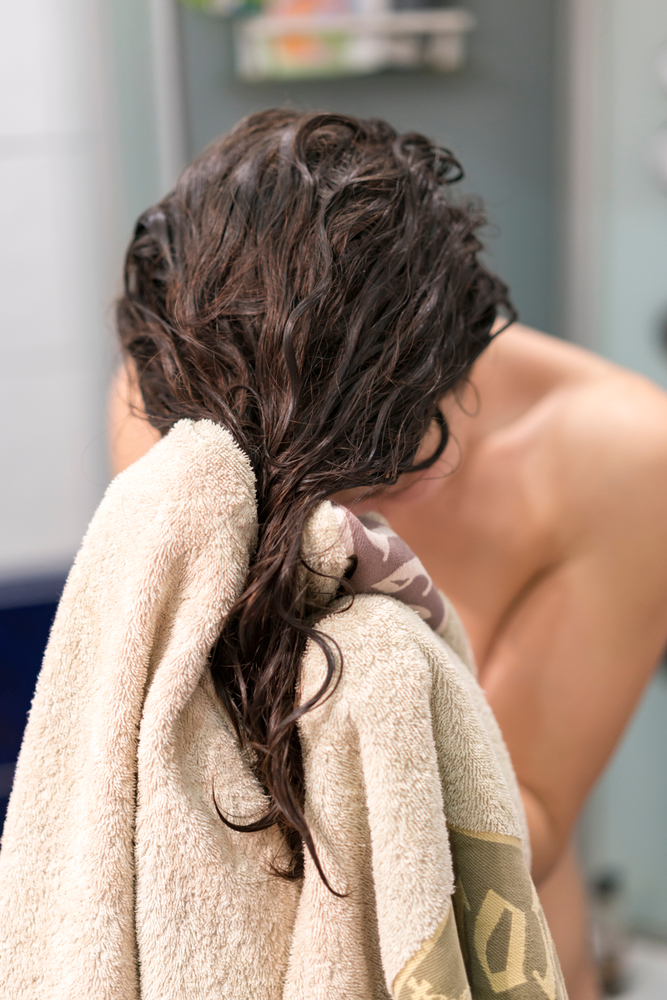
It’s important to maintain the health and condition of your hair by using the right care products, not overloading your locks with excessive styling products, and brushing it regularly. To avoid breakages and loss, use a gentle boar bristle brush and always brush your hair when it’s dry as wet hair is more delicate and prone to damage. Don’t rough towel dry your hair either as this puts pressure on the hair follicles causing excess friction and tension leading to breakage and frizz.
15. Lack of Sleep
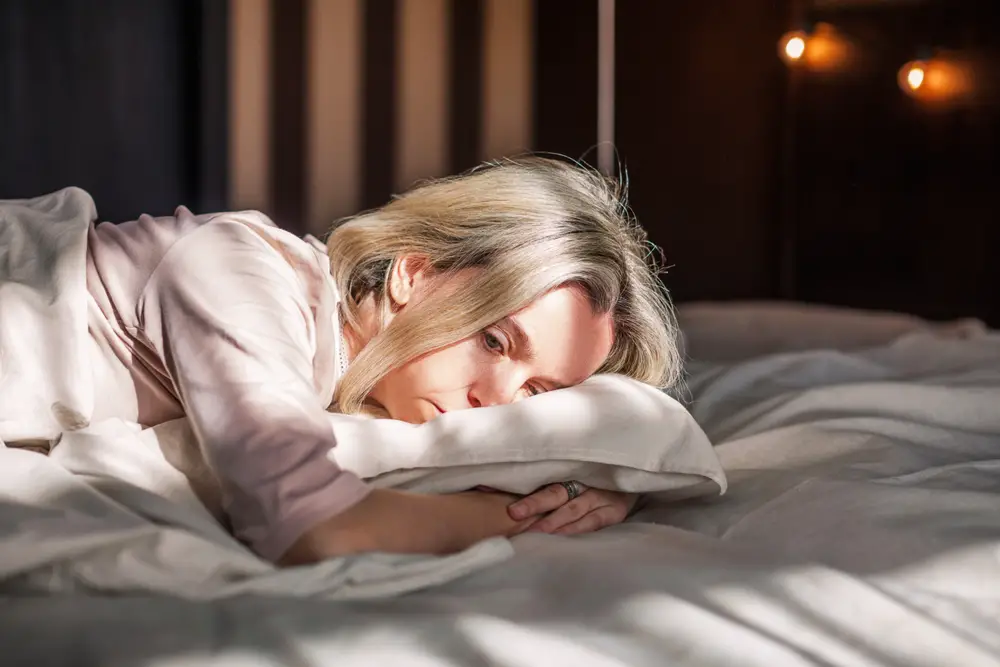
Not getting 7-8 hours of sleep per night can cause stress, anxiety, depression and have a major impact on the health of your skin and hair. Sleep deprivation disrupts healthy hair growth and speeds up the rate you thin and go gray.




